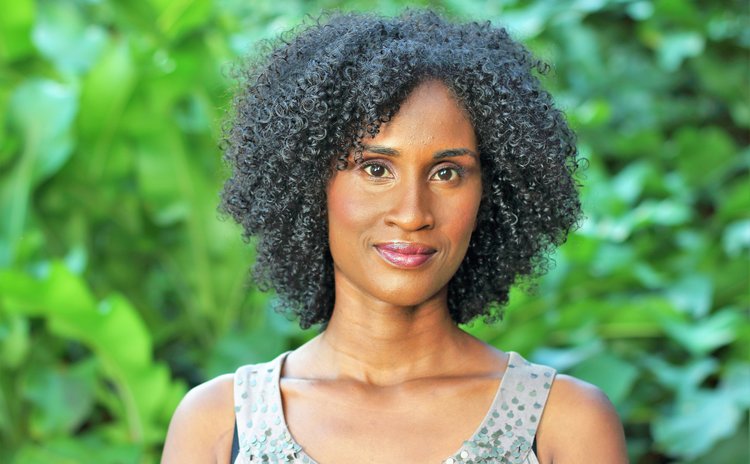Citizenship by Investment Programme: Slavery began rather than ended on "Emancipation Day"
By Farah Theodore

Across the English-speaking Caribbean, many are proud of their island homes despite the dark history that formed the current reality. That pride resonates from the citizenship obtained by birth and can be referred to as birthright citizenship as well as others who became citizens by naturalisation. There is more that binds us than mere birthright citizenship or residence-based naturalisation. We as a people are joined by common social, economic, linguistic and cultural ties, further crystalised by shared experiences as former colonies. Therefore, our sense of nationhood and citizenship incorporates our common goals, aspirations, voluntary habits, allegiance to our community, entitlement to civil rights and protections, and all privileges that come from being citizens of our respective island homes.
As Emancipation Day draws near, many reflect and ask, what exactly are we celebrating? Others argue that slavery began rather than ended on "Emancipation Day". This fictional freedom masks the sad fact that many lost the will to resist, and have acquiesced to evolved colonial powers in the form of supranational organisations (UN, WHO, IMF, WEF and the World Bank), multinational corporations (Big Pharma, BlackRock) and billionaire interests (Bill Gates) where the erosion of rights, freedoms and cultural uniqueness is achieved by policy and legislative changes, forced in small doses giving the mythical frog in boiling water effect. Modern-day Caribbean people are proud to be the evolved labour force bound by non-physical chains.
Being taught that our history is one of bondage, suffering, and intellectual inferiority shouldn't make the existence of corruption in our islands shocking. After all, woe to the nation where the son of a slave becomes Prime Minister. Ah, yes, a biblical excuse? We'd rather that not be the case. Surely, we are not what our former colonial masters considered us to be, less than human, mere chattel...property? Property that shouldn't be allowed to own property and more suited to be the labour force? Would that be why some think so little of themselves, that they lack the capacity to value each other, their own land or citizenship?
There is a sentiment that life would be better if born elsewhere. That thought has been noted as the global inequality of birthright citizenship. Yet, there is value in your citizenship, which empowers the legal document verifying such citizenship, called a passport. Rainer Bauböck, explained the two faces of citizenship using Janus, the Roman God (whose head is displayed above city gates), where one face looks inward and the other outwards: The external face turns to other states and demands that they recognise the country's passport as well as to citizens living abroad whom it promises the right to return and diplomatic protection. The internal face speaks to citizens as members of a democratic community. It tells them that despite their different interests and identities, they are equal as individuals and collectively govern themselves through the right to vote.
There is great concern, as a matter of fact, there must be concern when 'the rule of money' corrupts democracy. This is evident in various ways, such as vote-buying, bribing officials, and selling citizenship. Making a killing out of the added value of 'external citizenship' to people without genuine links to the country impairs solidarity between states and hollows out democratic standards. Rainer Bauböck observes a danger where the 'cashing in on citizenship' creates a social class distinction where "it would be naïve to think that a club that starts to sell its membership at a price that only the ultra-rich can afford will keep treating its poorer members as equals".
It is difficult to ignore images of migrants worldwide risking their lives to obtain citizenship elsewhere, juxtaposed with the ultra-rich willing to dish out hundreds of thousands of dollars for a freshly-minted passport in their new home country. According to Ayelet Shachar, unfettered cash for passport programmes raises core ethical and legal questions and objects to the notion that everything is commensurable and reducible to a dollar value. She laments, "More puzzling is the willingness of governments – our public trustees and legal guardians of citizenship – to engage in processes that come very close to, and in some cases cannot be described as anything but, the sale and barter of membership goods in exchange for a hefty bank wire transfer or large stack of cash."
The golden goose realised in the Citizenship By Investment programme is hardly more than a simulacrum for ingenuity, innovation, foresight and creating industries where the essence of sovereignty is in a country's ability to be self-sufficient.




